
Artificial intelligence

Turn artificial intelligence into a lever of growth and differentiation
Our specialized team supports private and public sector players in their innovation and development projects related to artificial intelligence, from the elaboration of their data acquisition strategies and the selection of machine learning providers to the preparation of the launch of their AI-based solutions.
They trust us






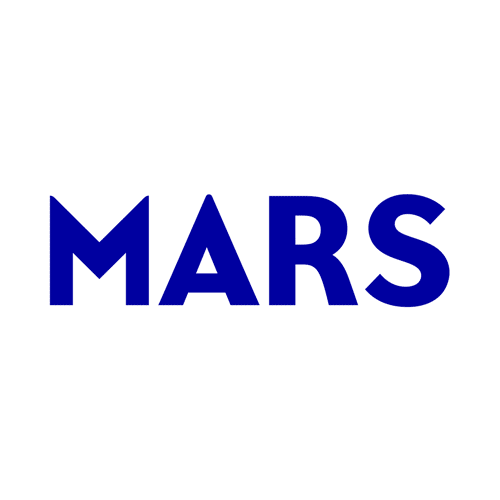


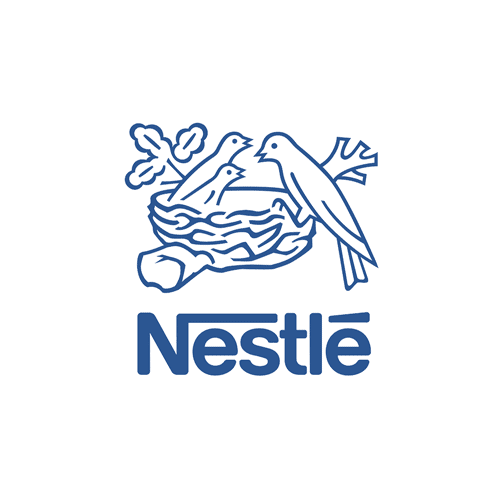
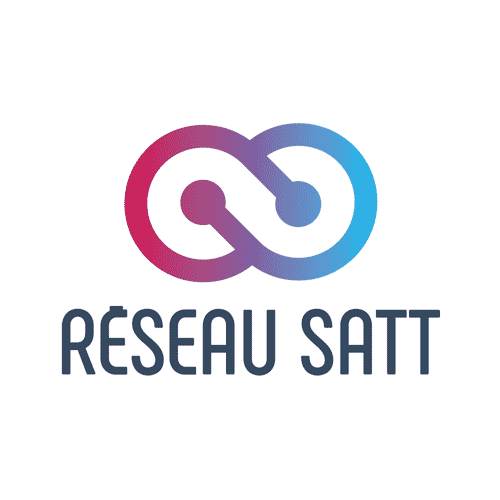



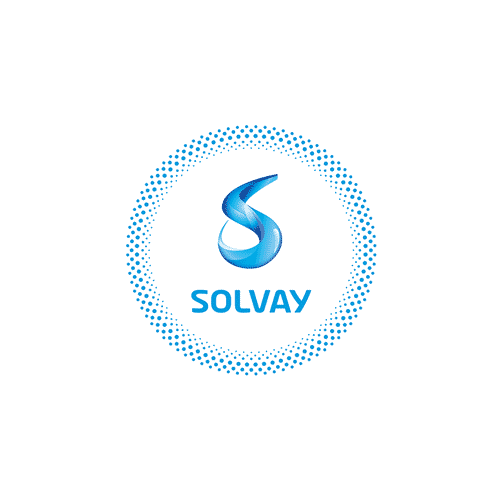
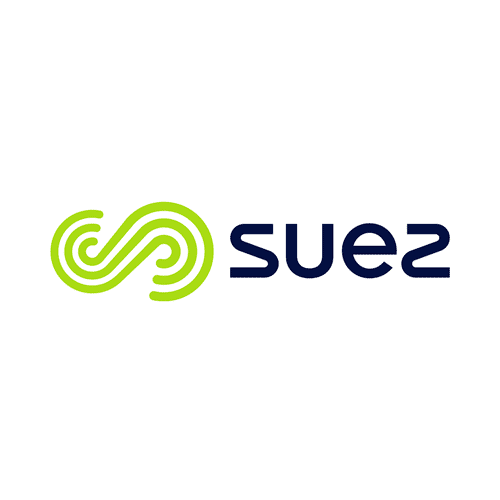
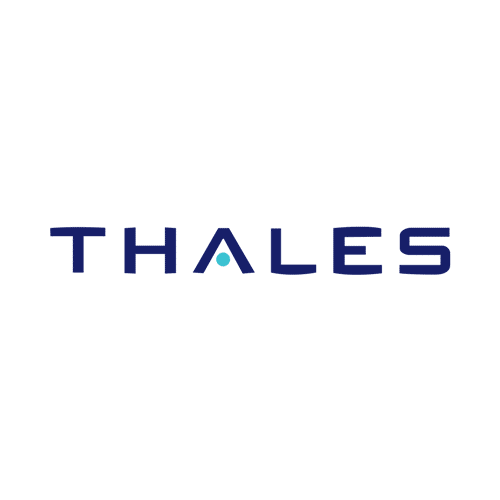
The challenges related to artificial intelligence
Approaches such as AI and machine learning are particularly powerful in areas in which many data points are required for decision making. This is particularly useful in the healthcare field for example, as patient information is typically scattered across numerous healthcare providers, including general practitioners, specialists, hospitals and insurance providers. Its use in other sectors quickly comes to mind as well, such as the development of autonomous cars. Artificial intelligence has a crucial role to play in this type of technology as the vehicle should be able to perceive its environment and take appropriate decisions to ensure safety and efficacy to its passengers. AI technologyhas also been successfully deployed for food applications in activities such as supply chain management, food safety monitoring or for anticipating consumer preferences.
In the last two to three decades, many companies and initiatives started to explore the potential of artificial intelligence. This trend was enabled by two major factors:
- Increased generation and availability of data: In healthcare for example, many national healthcare systems have undertaken efforts to centralize patient data in digital patient records. Due to the improved data quality, AI applications can generate more robust results. Moreover, more medical data is being generated, both via an increasingly broad application of genomic testing in areas such as oncology, and via the growing use of patient-generated medical data via devices such as eHealth smart watches.
- Decreased price of computing power: The constantly decreasing price of computing power enables AI or machine learning applications to mine deeper and deeper data sets and to apply more advanced methods of data science, such as deep learning, to recognize patterns.
Artificial intelligence is therefore applied for many different purposes and in several sectors. Although its use seems to offer limitless possibilities, stakeholders using it and involved in its development are facing numerous key challenges:
This stake is most probably the first one coming to mind when thinking about AI. Data can be used for the better, but also for the worse, and preventing its use for bad purposes is one the key challenges of AI. Fortunately, many privacy regulations, including the GDPR, cover not just data where an individual is identified, but also data where an individual is identifiable. However, this is in contradiction with the inner principle of AI; as the richer the dataset, the higher quality of AI. But also, the more likely an individual can be identified!
How to ensure data quality but also its privacy?
Despite being in the era of big data, with data sources multiplying, collecting qualitative and robust data is still a challenge. In the healthcare sector notably, although a wealth of medical data is being generated, breaking up data silos and preparing data sets that can be applied to AI software is complex. Indeed, in order to train machine learning algorithms, clean data sets are needed, with minimal biases. However, most of the data that can be easily collected is unstructured. As a result, industrials willing to develop AI processes need to invest in creating an effective Data Driven infrastructure to collect and store the data they generate.
Which data sources are most valuable to use and how can they be accessed? How can internal data fragmentation be overcome?
Most industrial players working on AI do not have AI development among their core capabilities. It is therefore no surprise that many players and research organizations rely on external partners for programming algorithms, either as contractors or in strategic partnerships. As the application of AI to their sector is still a rather recent approach and the evidence of its benefits sometimes still scarce, it can be very challenging for organizations to choose the most suitable partner.
How can companies and organizations choose the most suitable partner for developing artificial intelligence applications? How can these collaborations be navigated to ensure that they are mutually beneficial?
How we support you in your projects related to artificial intelligence
Alcimed has supported many clients in projects related to artificial intelligence and machine learning. Overall, our team conducted more than 100 projects for various stakeholders such as industrials in the Food, Automotive, Aeronautics-Space-Defence, and Healthcare sectors (pharmaceutical, biotech and medtech companies), but also for public entities such as hospitals or city governments.
The diversity of our clients, the geographical areas we explore, and the kinds of projects we develop, give us a global and in-depth understanding of the issues encountered in projects based on or requiring artificial intelligence or machine learning.
Our projects cover diverse topics such as the selection of an AI provider for a strategic partnership, the definition of a data acquisition strategy, the identification of AI applications in a given field, a market study for an artificial intelligence solution, the assessment of the potential of artificial intelligence for a specific type of disease, and the organization of learning expeditions in the fields of big data and AI, among others.
Examples of recent projects carried out for our clients in artificial intelligence
Definition of the data acquisition strategy of an artificial intelligence initiative in diabetes
One of our clients, a leading pharmaceutical company, was interested in exploring the potential of external patient data in the United States and in Germany for an artificial intelligence initiative in the field of diabetes.
In a first step, Alcimed provided an overview on the major public and private data owners in the two in-scope countries. These data owners were then classified by our team in terms of data volume, quality, relevance and accessibility.
Based on these criteria, we prioritized some data owners as potential partners for our client and finally co-defined together a preliminary data acquisition strategy for this specific initiative.
Market receptivity study for an AI-based solution for anaesthesiology in Northern Europe
One of our clients, a global medical devices player, wanted to test the market receptivity with regards to a solution they developed based on artificial intelligence and supporting the decision-making of anaesthesiologists regarding patients in coma.
Our team first assessed the strengths and weaknesses of the solution by setting up tests and by engaging with potential users in 9 Northern European countries. We also identified measures on how to overcome the identified barriers were equally identified.
After these steps, our team conducted a market sizing to assess the number of potential users and patients to benefit from this solution. Finally, we supported our client in understanding and navigating the purchasing process for such a solution.
Mapping and selecting artificial intelligence providers for digital pathology applications
One of our clients, a leader in the medical device industry, was searching for a competent partner in programming artificial intelligence applications for digital pathology, with the objective to extend its product offering.
To do so, our team conducted a global scouting of innovative AI providers, which were notably analysed in terms of technological maturity, business maturity and their network strength.
Based of our work, a selection of prioritized providers was approached to explore opportunities of collaboration with our client.
Identification of the potential usages of AI in industrial production
Our client, a public institution, wanted to support industrials players in its region through the use of AI in their production activities.
To do so, our team was called on to identify the potential usages of AI in production and to decipher how they could answer some key challenges faced by industrials.
Alcimed provided then recommendations regarding the modalities of AI integration in industrials processes (strategy to implement, stakeholders to involve, partnerships to set up, etc.) so that the potential usages identified and selected could quickly be operational.
Creation of a dashboard converting natural language prompts into insightful graphs
A biotechnology stakeholder developed a new solution for diagnostics in oncology. They identified the analysis of the results as a remaining bottleneck in the diagnostic process, and wanted to offer a solution at this step of the value chain.
To help our clients, we developed a dashboard, that would convert simple questions into actionable insights. With our client’s input, as well as the insights of potential future users, we developed a dashboard that used state-of-the-art natural language processing (NLP), to create meaningful graphs and extracted statistical parameters from the complicated underlying data.
Our project enabled our client to get an insightful dashboard while guaranteeing data protection and avoiding hallucination from the generative AI model.
Definition of a new strategy leveraging AI tools for knowledge management
Our team supported an international pharmaceutical stakeholder in selecting a new AI tool to improve their knowledge management. Documents and data being stored on various platform, information retrieval was identified as a major hurdle in their activities.
To help our client, we first conducted internal interviews to identify the main pain points and challenges associated with knowledge management. Existing solutions were then mapped, characterized and prioritized.
Based on the investigation, we suggested an approach that would solve their current challenge, by leveraging previous unused functions of their current platforms, and with the integration of a new AI solution supplier.
Development of a predictive model for risk classification
Our client, a financial service provider, wanted to investigate the potential of AI models for the prediction of risk on their projects.
The project started by a mapping of the data available for predictions, followed by an extract, transform, and load (ETL) process for model building. Multiple models were then assessed in an iterative process. A final model was selected based on its performance.
The model was then adapted to be put in production and adapted to the client’s infrastructure and could then be used for decision making on new projects.
You have a project?
To go further
Data - AI
AI in medical imaging, a revolution in medical diagnosis and patient care
Artificial intelligence has made its mark in many specialties, such as medical imaging. But how is AI in medical imaging used, and what are the challenges ahead?
Data - AI
The impact of AI in the dementia patient pathway
Since artificial intelligence (AI) has been transforming healthcare over the last years, how can AI help dementia patients and have a positive impact on the patient pathway?
Cross-sector
How can artificial intelligence benefit language preservation?
How can artificial intelligence benefit language preservation? Artificial intelligence (AI) makes it possible, through various applications, to preserve endangered languages and to decipher ancient ...
Founded in 1993, Alcimed is an innovation and new business consulting firm, specializing in innovation driven sectors: life sciences (healthcare, biotech, agrifood), energy, environment, mobility, chemicals, materials, cosmetics, aeronautics, space and defence.
Our purpose? Helping both private and public decision-makers explore and develop their uncharted territories: new technologies, new offers, new geographies, possible futures, and new ways to innovate.
Located across eight offices around the world (France, Europe, Singapore and the United States), our team is made up of 220 highly-qualified, multicultural and passionate explorers, with a blended science/technology and business culture.
Our dream? To build a team of 1,000 explorers, to design tomorrow’s world hand in hand with our clients.
In simple terms, artificial intelligence is referring to the development of software that can perform tasks that typically require human intelligence. Such tasks could be solving complex problems, making decisions, or detecting objects.
Machine learning, a subtype of AI, is a technology which provides software with the capability to learn automatically, to recognize patterns and to improve from experience.
With the AI boom experienced in recent years, there are solutions designed for almost every aspect of a company’s business. These solutions can be grouped in three categories:
- Predictive models: Algorithms and statistical techniques that analyze historical data to forecast future events, trends, or behaviors based on patterns identified in the data.
- Generative AI: Artificial intelligence technologies that can generate new content, including text, images, and audio, based on training data and user inputs.
- AI automation: AI to perform tasks with minimal human intervention and optimizing processes.


